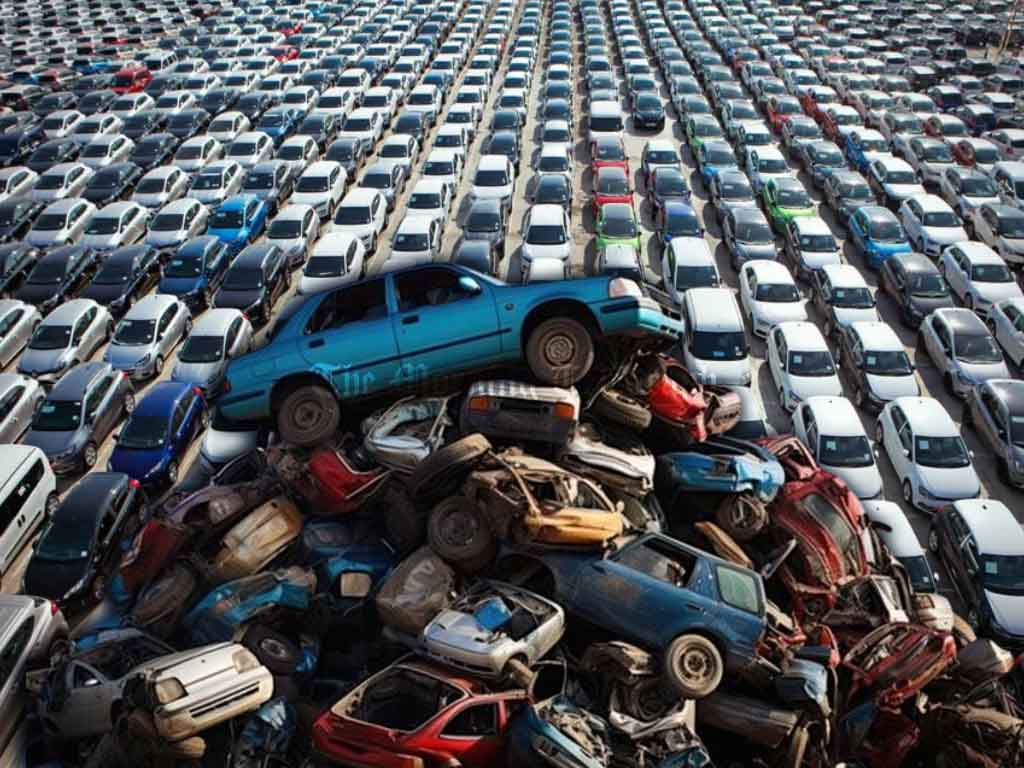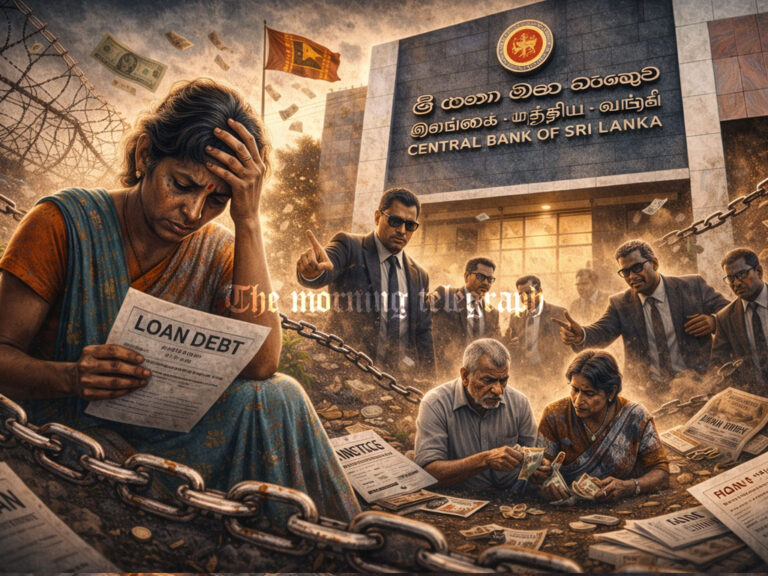
The Sri Lankan government is poised to lift restrictions on vehicle imports early next year, but experts are raising concerns over the potential flood of cheap, used vehicles entering the market. They urge the government to prioritize the import of new vehicles, citing environmental, economic, and technological risks associated with the influx of outdated models.
Critics argue that the import of used vehicles, especially commercial ones that are five years or older, could have significant long-term consequences for the country. A typical used vehicle of this age could have accumulated over 500,000 kilometers and often faces costly repairs. While these issues may not be immediately apparent, the costs associated with maintaining such vehicles could gradually deplete foreign exchange reserves, as significant amounts are spent on spare parts and repairs.
Moreover, environmental concerns are central to the debate. Older vehicles tend to have higher emissions, contributing to air pollution. In contrast, newer vehicles come equipped with advanced technologies that ensure lower emissions and better fuel efficiency. Experts emphasize that encouraging the import of outdated vehicles would hinder Sri Lanka’s ability to access cleaner, more technologically advanced models, which are crucial in combating the global climate crisis.
Technological advancements in the automotive industry have led to safer, more fuel-efficient vehicles with higher performance capabilities. Experts warn that importing older, substandard vehicles would prevent the country from benefiting from these innovations, leaving the market stuck with inefficient and potentially dangerous models.
Another critical issue raised by experts is the possibility of Sri Lanka becoming a dumping ground for obsolete vehicles from developed countries. As nations phase out older vehicles, there is a growing concern that Sri Lanka could become the recipient of these inefficient models, which could exacerbate both environmental and economic challenges.
As the government considers lifting the restrictions, industry experts are calling for a strategic approach that prioritizes the import of new vehicles with modern technologies and reduced environmental impact, ensuring that Sri Lanka does not become a hub for outdated and polluting vehicles.




